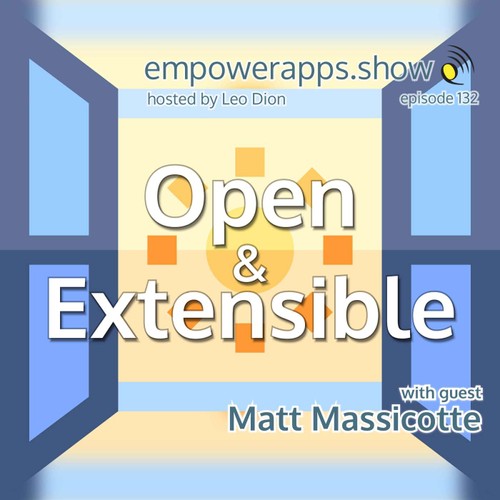
 Empower Apps
Empower Apps Open and Extensible with Matt Massicotte
Sep 25, 2022
Matt Massicotte, a tech expert known for his insightful contributions, shares his thoughts on the minimalist text editor Chime and its innovative approach. He discusses the strategic balance between open source and commercial software, alongside the nuances of licensing. The conversation dives into the advantages of Apple’s extension kit, enhancing app functionality across platforms. Matt also tackles the challenges of app sandboxing and payment processing, revealing the intricate dance between compliance and innovation in today’s developer landscape.
Chapters
Transcript
Episode notes
1 2 3 4 5 6 7 8
Intro
00:00 • 2min
Open Source and Commercial Integration
01:35 • 4min
Navigating Open Source Licensing and Community Contributions
05:48 • 3min
Balancing Code and Marketing in App Development
09:07 • 4min
Unlocking Open Source: The Power of Extensions
12:56 • 8min
Exploring Plugin Development and New Testing Solutions for Mac OS
20:59 • 2min
Navigating App Sandboxing Challenges
23:15 • 12min
Navigating App Payment Processing
35:10 • 6min
